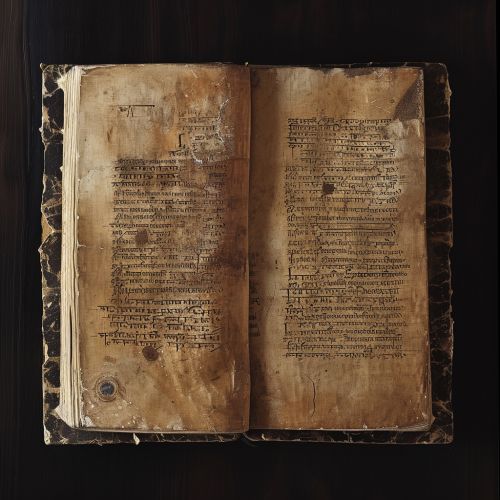Gospel of Mark
Introduction
The Gospel of Mark, also known as the Markan Gospel, is one of the four canonical Gospels in the New Testament of the Bible. It is traditionally believed to have been written by John Mark, a companion of the apostle Peter, and is the shortest of the four Gospels. The Gospel of Mark is characterized by its concise yet vivid narrative, and its emphasis on the actions rather than the teachings of Jesus Christ.


Authorship and Date
The authorship of the Gospel of Mark is traditionally attributed to John Mark, based on the reference in Acts of the Apostles (Acts 12:12). However, the Gospel itself is anonymous, as is the case with all the Gospels. The attribution to John Mark is based on the testimony of the early church fathers, including Papias of Hierapolis, Irenaeus of Lyons, and Clement of Alexandria.
The dating of the Gospel of Mark is a subject of scholarly debate. Most scholars agree that it was written during or shortly after the destruction of Jerusalem in 70 AD. This dating is based on the Gospel's reference to the destruction of the Temple in Jerusalem, which occurred in that year.
Content and Structure
The Gospel of Mark is composed of two main sections: the ministry of Jesus in Galilee (Mark 1:14-8:21) and the events leading up to and including Jesus' death and resurrection in Jerusalem (Mark 8:22-16:8). The Gospel begins with the proclamation of John the Baptist and ends with the empty tomb, with no post-resurrection appearances of Jesus.
The Gospel of Mark is known for its fast-paced narrative, often using the Greek word "immediately" to transition between scenes. It presents Jesus as a man of action, performing miracles and confronting religious authorities. The Gospel also emphasizes the suffering and death of Jesus, presenting him as the suffering servant prophesied in Isaiah.
Theology
The theological themes in the Gospel of Mark include the Kingdom of God, the Son of Man, the suffering servant, and the Messianic secret. The Gospel presents the Kingdom of God as a present reality that is also yet to come. Jesus is portrayed as the Son of Man who came to serve and to give his life as a ransom for many (Mark 10:45).
The concept of the Messianic secret, where Jesus instructs his disciples and others not to reveal his identity, is a unique feature of the Gospel of Mark. This theme has been interpreted in various ways by scholars, with some suggesting it reflects the early Christian community's struggle to understand and articulate the nature of Jesus' messiahship.
Reception and Influence
The Gospel of Mark has had a significant influence on Christian theology and liturgy. It is the primary source for the Passion narratives in the other Gospels and has been a key text in discussions of Christology, soteriology, and eschatology. Despite its brevity, the Gospel of Mark's vivid portrayal of Jesus' ministry, passion, and resurrection has made it a central text in the Christian canon.
